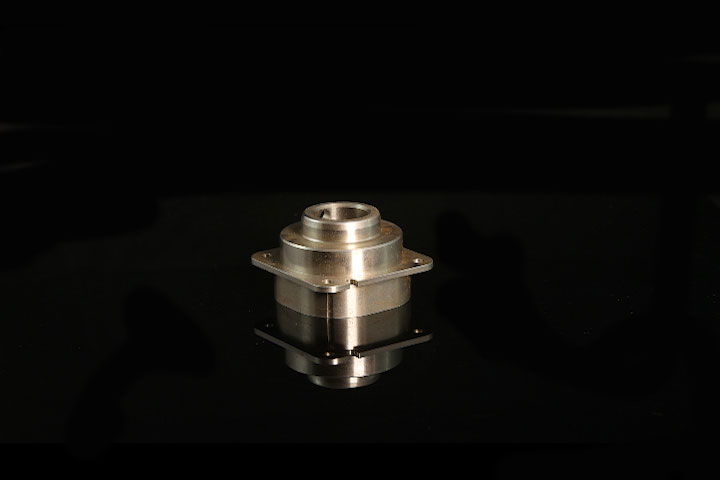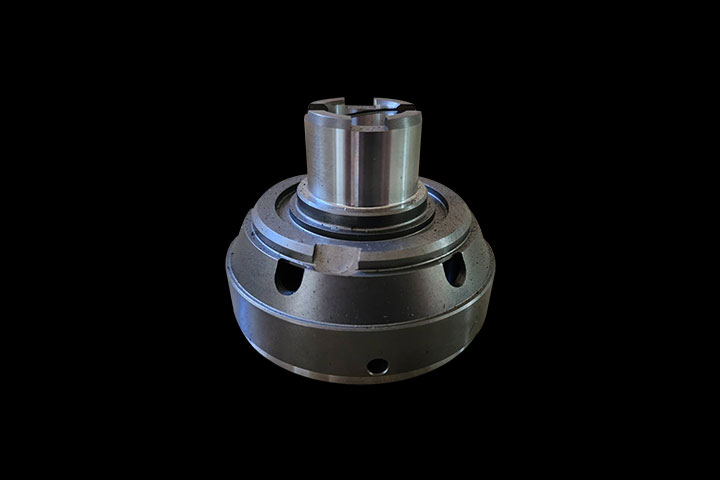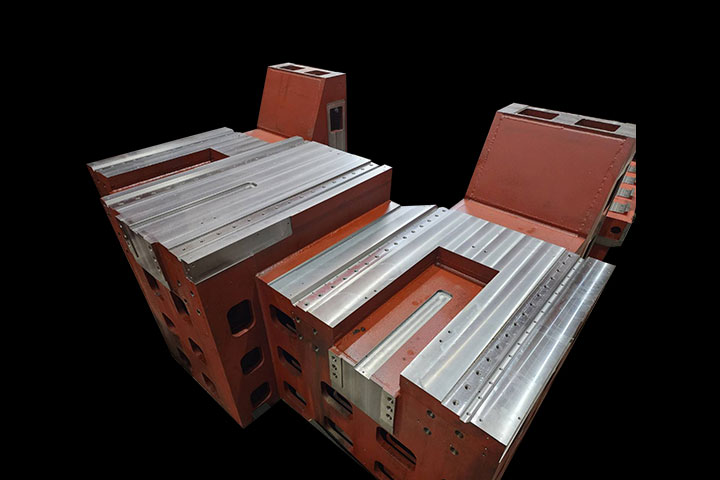CNC (Computer Numerical Control) is a computer-controlled machine tool that takes CNC numerical control parameters, compiles and calculates them, and then sends instructions to the CNC machine. The integrated control system inside the CNC machine transmits the instructions to the driver to drive the motor and perform cutting and processing on the designed parts.
The biggest advantage of CNC is that multiple series of scripts can be stored in the controller, and engineers can flexibly edit and copy CNC programs to issue instructions to the production equipment for processing different workpieces. According to different manufacturing requirements, CNC cutting and processing are mainly divided into milling and turning, corresponding to the machining center and lathe, respectively.
- CNC machines are highly automated and have high production efficiency
As most machining processes can be completed automatically by the CNC. When combined with a robotic arm, it is one of the standard equipment solutions for unmanned factories. CNC machining reduces the complexity of equipment operation for operators and eliminates many tedious procedures such as repeated clamping, positioning, and inspection, resulting in more efficient automated production. - CNC machining has high adaptability and reduces production preparation time
When changing the processing target workpiece, only the CNC machining program needs to be re-edited, and no other complex adjustments are required, which further reduces the production preparation time. - CNC machining has high precision and stable machining quality
CNC machining can significantly reduce human-induced error factors and enable the equipment to produce automatically. At the same time, precision control tools on precision CNC machine tools have position detection devices, which improve the accuracy of precision CNC machining. Generally, the machining size accuracy is between 0.005-0.01 mm.



